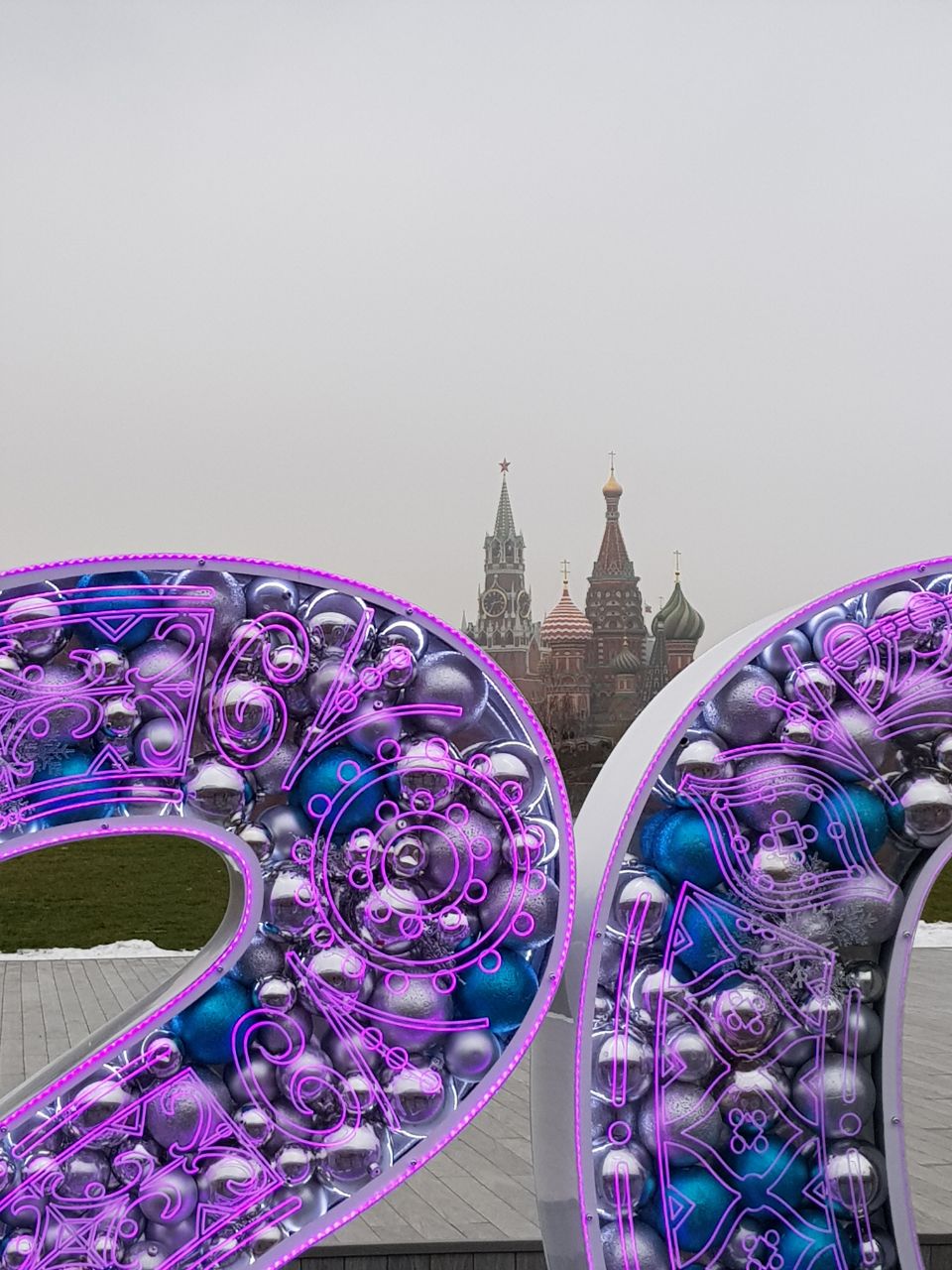 Asked to forecast the actions of Russia ahead of World War II, Winston Churchill uttered the memorable phrase, “Russia is a riddle wrapped in a mystery inside an enigma.”
Asked to forecast the actions of Russia ahead of World War II, Winston Churchill uttered the memorable phrase, “Russia is a riddle wrapped in a mystery inside an enigma.”
As indeed it remains some 80 years later, as I have discovered these past few weeks on holiday in this vast, endlessly fascinating land. Russia is a place where you must park your idea of normal and go with its homegrown equivalent.
Contradictions abound. The hospitality is happy and hearty, but go down to the shops and you’ll be barged out the way by rude locals. The passion for sport runs deep, but there’s largely an ambivalence about the state-sponsored doping programme that continues to hobble the country’s ambitions.
“Everyone’s doing it . . . we just got caught,” said one (which is probably true).
Even so, among many caught up in the firestorm was Russia’s football boss Vitaly Mutko, who resigned last month after a lifetime ban by the IOC over the doping.
Of course, the world’s eyes will be focused on Russia when the soccer World Cup starts in June. The country hosted the much-boycotted Olympic Games in 1980 and, in 2014, the Winter Olympics, but the World Cup is a far bigger pageant.
Soccer is the biggest sport there is and geopolitical circumstances are delicately poised, not least with Russia’s malevolent influence over the US elections. For all the hand-wringing over America’s failure to qualify, perhaps it’s just as well.
Russia will be sure to do its grand-standing, something sports’ grandees routinely indulge with host nations, but it will need something special to transform its team.
Although the country recently drew 3-3 with Spain, the prevailing mood is one of anxiety, dread even. The best they could do at their own Confederations Cup last year was beat New Zealand.
Most believe that the coach, former Russian keeper Stanislav Cherchesov, isn’t up to it, but he has the critical backing of the country’s big boss, Vladimir Putin. Turns out that Cherchesov played for Dynamo Dresden, one of Putin’s favourite teams when he was a KGB officer in the German city.
You would think a country of 144 million could rustle up 11 world-class players, but as some believe, Putin among them, Russia’s youth system is not delivering and an over-abundance of foreigners has diluted the domestic league. MacBeth Sibaya and Matthew Booth spent many seasons here, as have many inostranets from elsewhere.
More certain is that visitors to the World Cup are in for an unusual, eventful time. The stereotype of dead-eyed Russians is both hurtful and unwarranted. Many are loud and boisterous and fun to be around. The aim of every soccer tourist should be to secure at least one dinner invitation with a local family. Their English might be rudimentary, but sure to be far better than the visitor’s Russian. Somehow, the blend of soccer, vodka – yes, it is served relentlessly – and robust conversation produces a heady brew; a glorious treat for an open-minded tourist.
TThe stereotype of dead-eyed Russians is both hurtful and unwarranted
If the Russian soccer team is underpowered, its fans are not. The Internet is peppered with videos of Russian skinheads promising “a festival of violence”. One local minister even voiced his belief that hooliganism should be made a spectator sport.
Russia’s bloated bureaucracy ensures militia are everywhere and, besides, Putin will instruct his police and military to come down hard lest Russia give a bad impression to the world. The nutters will be kept well in check.
Hotels are world-class and host cities like Moscow, Kazan and Sochi are exotic and offer history and tradition beyond compare. Although Moscow is largely multilingual with many signs in both Russian Cyrillic and English, this is much less true elsewhere. Best buy data and crank up Google Translate, in that case.
Russian cuisine is a heady mix, big on salads and potatoes and its best export, borsch, the classical red soup beloved of babushkas everywhere. Food is served in waves, so visitors best pace themselves. Portions, and moods, are generous.
Russia needs the World Cup to be grand and successful, if only as a temporary salve to the massive doping shame that tarnishes its image.
It’s a mysterious, majestic place. And it’s the Russia that travelling fans ought to embrace. – © Sunday Tribune

